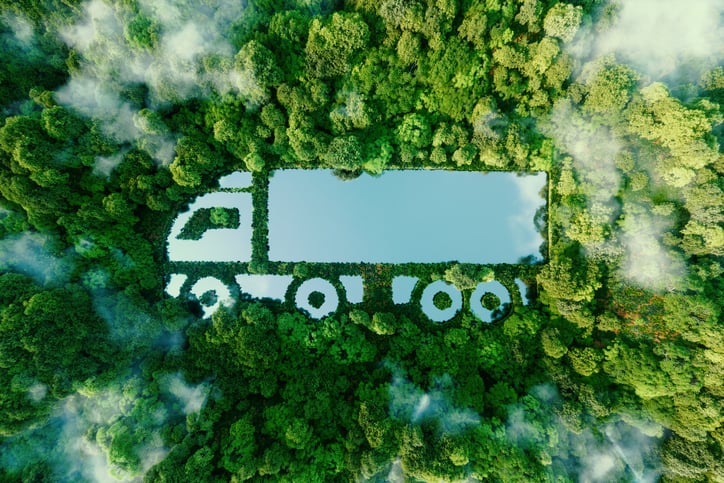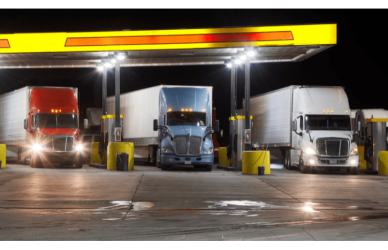Automotive industry insiders predict a revolution in trucking thanks to an engineering breakthrough promising cleaner, more sustainable transportation. This advancement comes at a key moment as the push for environmental justice and climate change solutions intensifies across federal levels.
Toyota and Kenworth have recently debuted Class 8 fuel cell electric vehicles that offer an environmentally friendly substitute to traditional diesel fuels. With zero emission capabilities, these green trucks are proving to be the wave of the future for heavy duty commercial vehicles.
The T680 FCEV is revolutionizing the transportation industry with its hydrogen-powered engine. It covers 300+ miles when fully loaded and can be effortlessly refueled in a matter of 15 to 20 minutes, meaning it’s capable of running multiple shifts and covering up to 400-500 miles per day.
Studies show that truck emissions are heavily impacting the environment and exacerbating climate change. In California, where North America’s busiest container port is located, trucks only make up 3% of vehicles on roadways but contribute to 23% of its overall emissions — a disproportionate amount for their presence. This has an even worse effect on disadvantaged communities and people from marginalized groups who live in close proximity to highways or industrial operations due largely to inequalities within society.
The revolutionary T680 FCEV, otherwise known as “Ocean,” is making waves in the green trucking industry. Following a successful demonstration project, its designers tout that it can reduce greenhouse gases by an astounding 74.66 metric tons of CO2 annually when compared to similar diesel-fueled trucks; this groundbreaking development has many speculating about what hydrogen’s range of applications could look like if utilized effectively – from heavy-duty transport and industrial power generation to passenger vehicles.
“Having a successful real-world demonstration of FCEV trucks for actual customers opens the door to broader deployment. The use of hydrogen helps eliminate CO2 from heavy-duty transport, while offering a cleaner alternative that keeps the vehicles in service — a win for all parties,” says Andrew Lund, Toyota chief engineer, zero emission advanced product planning. “The potential for this technology to replace higher-emission powertrains is real, which helps us achieve our goals of carbon neutrality, while supporting both regulatory and societal initiatives to combat climate change and foster environmental justice.”
Source: Empire Press








